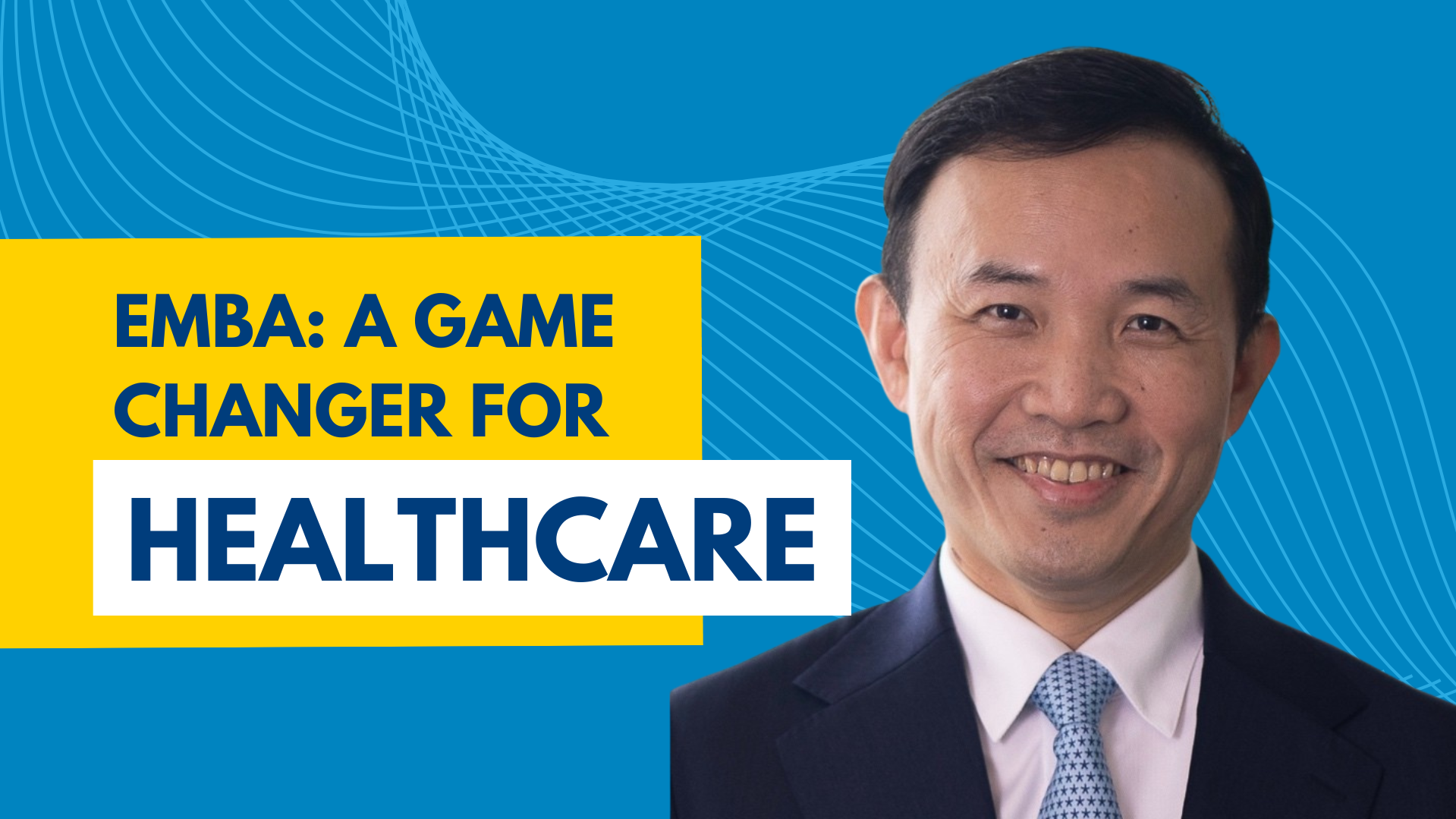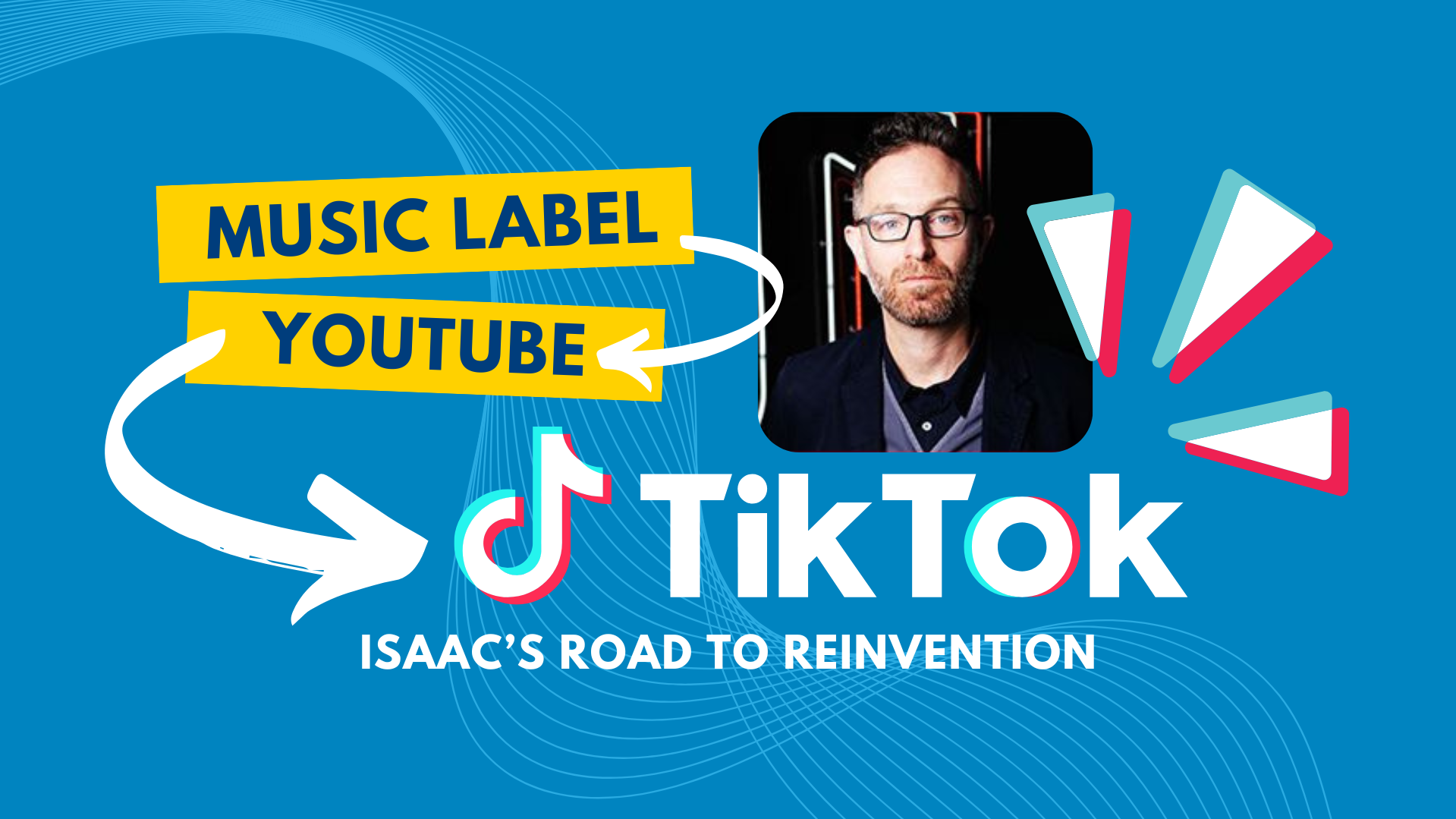EMBA – A Game Changer to Healthcare (William Hwang)
By Dr William Hwang, Class of 2021/2022

- Senior Advisor, SingHealth Co-Director Regenerative Medicine Institute of Singapore;
- Senior Consultant, Haematology, Singapore General Hospital and National Cancer Centre Singapore;
- Professor, Duke-NUS Medical School
My UCLA–NUS EMBA Journey
Three years ago, I graduated with a double MBA from UCLA and the National University of Singapore (NUS). By then, I had already spent over 30 years as a physician, mostly in hematology and cancer care. I thought I knew my strengths: treating patients, mentoring younger doctors, and leading medical teams. Yet stepping into the EMBA program was like stepping into a new world. It gave me tools I didn’t know I lacked, reshaped the way I think, and even changed how I see myself as a leader.
Why I Chose the EMBA
The decision was not just about a degree. At the time, the National Cancer Centre Singapore (NCCS) was preparing for a major transition—moving into a new building and redefining its long-term strategy. I wanted to lead that process with clarity and competence. I was also serving on several national committees and boards, and I knew instinctively that clinical expertise alone was not enough. I needed the language of finance, strategy, and leadership to navigate the next stage of my career.
The UCLA–NUS program appealed to me because of its roots in both East and West. I wanted exposure to the U.S. culture of innovation while staying anchored in Asia’s strategic realities. That combination has turned out to be invaluable.
Learning a New Language
One of the first things I realized was how unprepared I had been in areas outside medicine. I had never been taught to read a balance sheet, evaluate an investment, or think about supply chains. Suddenly, I was learning to interpret global economic trends, analyze risks in financial proposals, and negotiate systematically rather than by instinct.
I vividly remember how lessons in supply chain management became immediately relevant when the world was hit by shortages in the aftermath of COVID-19. Similarly, our discussions on blockchain and cryptocurrencies gave me a framework to understand new technologies: not by chasing headlines, but by appreciating their potential while respecting their risks.
For me, the most transformative lessons were not just about business mechanics, but about people. Negotiation classes taught me to enter a discussion with a plan, to understand what drives the other party, and to look for outcomes that endure. Leadership sessions forced me to reflect on authenticity—how to bring who I am into whatever situation I face. And a services-marketing perspective reframed how I saw healthcare itself: not just a clinical science, but at its core, a service industry where patient experience matters as much as patient outcomes.
Bringing It Back to Healthcare
These were not just academic exercises. They translated directly into my work. In our capstone project, my team’s recommendations were later implemented by the client, and that success gave me confidence that rigorous analysis and teamwork could create tangible results. At NCCS, I began applying the same approaches—whether in strategic planning, resource allocation, or in conversations with philanthropists and donors.
I now approach healthcare challenges with a broader lens. For example, when charting the direction for cancer services, I consider not only the science and medicine, but also the economics, sustainability, and patient experience. When chairing committees, I draw on what I learned about persuasion and influence to build consensus. Even in my personal life, from supporting my son in setting up a restaurant to making financial decisions for my family, the EMBA has left its mark.
The Gift of Diversity
Perhaps the most unexpected gift was my classmates. They came from industries as different as energy, finance, and technology. Initially, I wondered how their lessons would apply to healthcare. But I soon realized that their perspectives were exactly what I needed. From them I learned how companies build resilience, how brands shape trust, and how data drives strategy. Those lessons were directly relevant to how patients see and engage with healthcare.
Even more important were the friendships. Going through the intensity of the program together created bonds I will treasure for life. They are not just classmates, but a global network of trusted friends and colleagues I can always turn to.
A Personal Transformation
Looking back, the EMBA gave me more than technical skills. It gave me a new set of eyes. I now see healthcare not just as medicine, but as part of a larger system of economics, policy, and society. I negotiate with greater confidence, plan with a broader horizon, and lead with a clearer sense of purpose.
For healthcare professionals considering this path, I would say: the MBA is not about leaving medicine behind. It is about expanding your ability to lead within it. It equips you to bridge science and strategy, patient care and policy, vision and execution.
Conclusion
The UCLA–NUS EMBA has been one of the most rewarding journeys of my life. It has broadened my horizons, strengthened my leadership, and enriched me both professionally and personally. I am grateful for the knowledge gained, the friendships forged, and the confidence it gave me to lead through complexity. Most of all, it has reminded me that growth never stops, even after three decades in medicine.
More information about The UCLA-NUS EMBA Program
Click here to learn more about the UCLA-NUS EMBA program and why it is the program designed for global leaders.
Alternatively, click here to schedule a 1 on 1 zoom call with our admissions staff.


